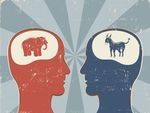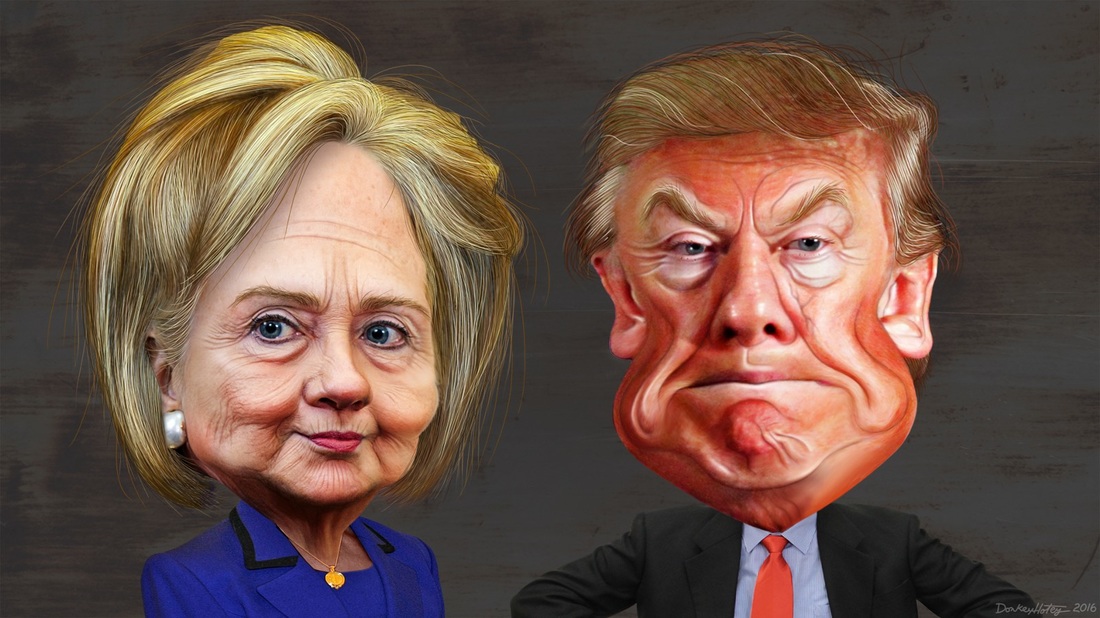 Russell (RPJ): I read an interesting article recently from The Washington Post that explained, better than any article I’ve ever read, one important way conservatives and liberals talk past one another. It’s by David Hopkins and Matt Grossmann, who surprisingly aren’t quarterbacks for the Cleveland Browns. It’s worth reading if you have the time, but I’ll summarize their main point now. If you read the article, feel free to skip this summary. These two professors write that Republicans and Democrats in America think differently not just about the issues, but about how to frame the issues. “Each party’s supporters define the terms and stakes of political competition quite differently,” they write, “Republicans believe they’re battling over two opposing ideologies, while Democrats view partisan conflict instead as a fight between different social groups.” Republicans are more likely to think in terms of conservatism vs. liberalism, socialism vs. capitalism, traditional values vs. postmodern multiculturalism. Democrats are more likely to think in terms of men and women, black and white people, the one percent and the ninety-nine percent.
2 Comments
 (Photo: DonkeyHotey) (Photo: DonkeyHotey) Welcome to our first ever FTSOA chat! What follows is a free-flowing discussion between Russell, David, and Mike Lehmann, a Republican political operative with a Duke Divinity School degree and friend of the program. This conversation has been slightly edited for clarity. DAVID: I hear lots of people talking about the choice between Trump and Clinton as picking between “the lesser of two evils” and many seem conflicted about doing that. But what is the moral significance of voting for an objectionable presidential candidate? Are you morally on the hook for the candidate’s full slate of positions? Should your conscience hold you back? |
Archives
September 2020
Categories
All
|

 RSS Feed
RSS Feed